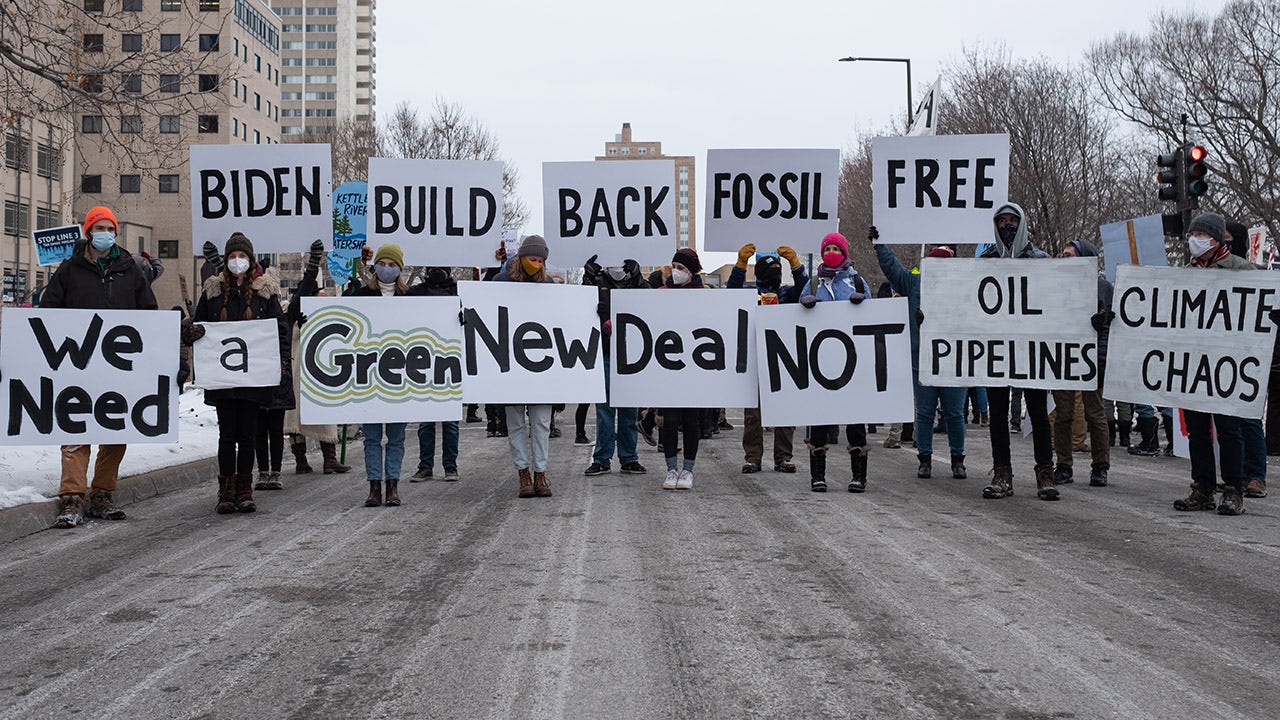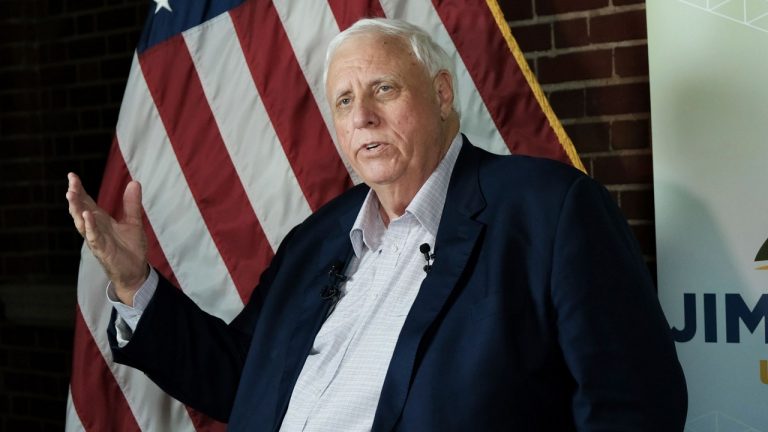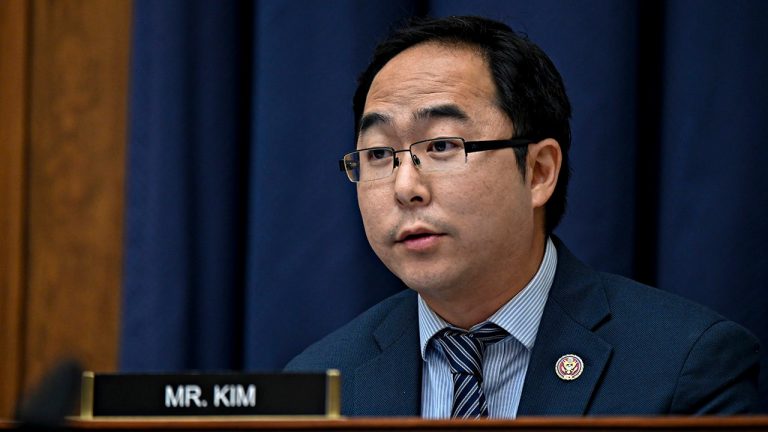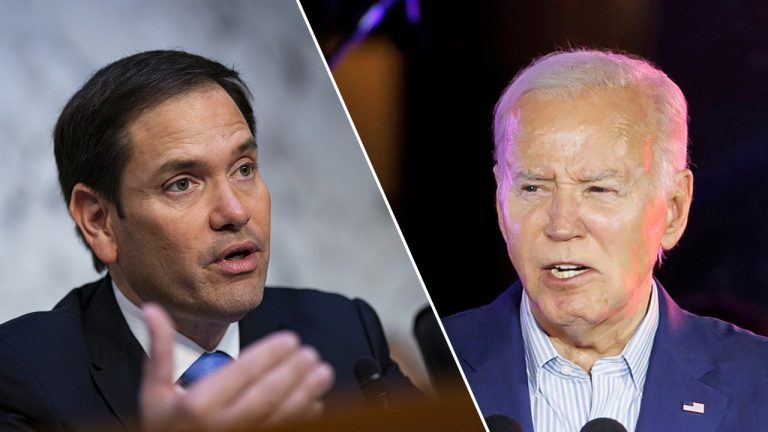Supreme Court may hear important climate change case.
The Supreme Court has shown a keen interest this week in Hawaii’s challenge against major oil companies to hold them accountable for their contribution to climate change. Some leading Democrats are now suggesting that the high court may be influenced by the fossil fuel industry—calling into question the impartiality of the justice system.
Hawaii’s lawsuit targets big oil players like Sunoco, Exxon, and Chevron, accusing them of failing to warn consumers about the harmful effects of their products on the environment. The city of Honolulu is seeking substantial compensation from these companies to mitigate the impacts of climate change, including extreme weather events, rising sea levels, heatwaves, flooding, and global warming in general.
The Supreme Court recently asked the Justice Department to provide input on the case, signaling a strong possibility of the court agreeing to hear the arguments. This move comes after Hawaii’s Supreme Court ruled in favor of advancing the lawsuit to trial, despite opposition from the energy companies.
Senator Sheldon Whitehouse and other liberal advocates have criticized the Supreme Court for its perceived delays in regulating fossil fuel emissions. They argue that the court’s actions have favored polluters’ interests, allowing them to evade accountability for their harmful practices.
The involvement of organizations like the Federalist Society, known for promoting conservative legal principles, in discussions and recommendations related to the case has further fueled concerns about the court’s alignment with special interests.
Chief Justice Mark Recktenwald of the Hawaii Supreme Court emphasized the defendants’ knowledge of the risks associated with their products, highlighting their efforts to conceal information and mislead the public. He pointed out the damaging consequences of increased fossil fuel consumption and greenhouse gas emissions on Honolulu’s infrastructure and property.
Sher Edling, LLP, a legal firm assisting Hawaii in the Supreme Court case, has been at the forefront of representing various cities and states in climate-related lawsuits. The firm’s ties to liberal funding sources and shared personnel with environmental organizations have raised questions about the motives behind such legal actions.
Despite criticisms and controversies surrounding the case, the Supreme Court may potentially make a decision on whether to proceed with Sunoco v. Honolulu in the near future. This pivotal moment could have far-reaching implications for climate litigation and environmental policy in the United States.








